- Report reveals widespread unfair treatment of the vulnerable continues with more than two in five feeling they’ve been failed by their service providers.
- 13% of vulnerable customers have been evicted, subject to repossession or put at risk of homelessness
- Regulators and service providers must stop placing the onus on society’s most vulnerable to disclose their circumstances.
UK, 15 December 2022 – A new report released by the not-for-profit Vulnerability Registration Service reveals a shocking picture of how despite interventions by regulators and organisations across all sectors promoting their good intentions, there is still a serious lack of practical and effective action taking place to support the vulnerable.
The Vulnerable Customer Exclusion Report 2022 has revealed 44% of vulnerable people have felt unfairly treated by an organisation with regard to their vulnerability in the last 12 months. This unfair and insensitive treatment of the vulnerable is causing detrimental and – in some cases – devastating impacts on their lives.
- 12% of vulnerable adults have taken out higher interest loans in the last 12 months, compared to 6% of the general population.
- 2% of UK adults have had to turn to unscrupulous loan sharks in the last 12 months – among society’s most vulnerable this was 4%.
- 16% of vulnerable customers have used food banks in the last 12 months compared to 8% of the general population.
- 13% of vulnerable customers have been evicted, subject to a repossession or put at risk of homelessness in the last 12 months.
- 4% of people have been moved to a pre-payment meter for gas/electricity in the last 12 months. Among vulnerable customers, this figure is 8%.
The report highlights how widespread this unfair treatment of vulnerable people is. Across all sectors (including banks/ financial services, utilities, insurers, telcos, housing associations, local government), 43% of vulnerable customers have not even been asked if they are vulnerable in the last 12 months. Some sectors are worse than other, for example 85% of vulnerable customers have not been asked by their banks and financial service providers, while 79% of vulnerable customers have not been asked by their utility providers.
It also revealed that 27% of UK adults (14.6 million people) now consider themselves vulnerable. More worryingly however, a much higher 45% (24.5 million people) have recently been affected by circumstances that the FCA defines as key drivers for vulnerability – including mental or physical illnesses/ conditions, low levels of capability or resilience, or temporary life events, such as job loss or bereavement.
The situation has become an emergency and the Vulnerability Registration Service is urging every sector to respond and take action now, using the tools that are already available to them. The Vulnerability Registration Service is a single place for consumers to flag their vulnerability, so they don’t have to contact each organisation. For service providers, it is powerful first step in finding out which of their customers are vulnerable, so the relevant support can be targeted to those people.
Helen Lord, CEO of the Vulnerability Registration Service, said: “There is a lot of support available to vulnerable people, but it’s extremely difficult for them to find it and, unsupported, their problems can quickly spiral out of control. Interventions, like the Consumer Duty and the latest Ofgem report, bring importance to the issue of supporting the vulnerable, but the onus remains on the individuals struggling with their circumstances to inform each and every organisation, and the multiple teams within those organisations, about their circumstances.
“This report is an urgent call for action to address the vulnerability emergency that is sweeping the UK. There are clear steps organisations can easily take right now to alleviate the difficulties for so many of their customers. The Vulnerability Registration Service is an extremely powerful starting point for all service providers and the only database that flags known vulnerabilities. By not being proactive in understanding who among their customers is vulnerable right now, they are effectively excluding them from getting the support they need and actively causing them greater harm.”
For more information on the Vulnerability Registration Service, visit: https://www.vulnerabilityregistrationservice.co.uk/
ENDS
For more information or to arrange an interview, please contact Serj Hallam at Nellie PR. Email: serj@nelliepr.co.uk Tel: +44 (0) 7789 372 771 or Ellen Carroll at Nellie PR. Email: ellen@nelliepr.co.uk Tel: +44 (0) 1392 927746 Mob: +44 (0) 7790 631 547
Note to editor:
The research, commissioned by the Vulnerability Registration Service, was conducted by Censuswide between 21st-26th July 2022. A total of 2,048 Nationally Representative respondents participated. Censuswide abides by and employs members of the Market Research Society which is based on the ESOMAR principles.
About The Vulnerability Registration Service: www.vulnerabilityregistrationservice.co.uk/
We help financial services providers and utility companies to identify and ensure the fair treatment of vulnerable customers – helping to reduce debt, financial problems and harm.
The Vulnerability Registration Service (VRS) is a not-for-profit company providing the UK’s first central vulnerability database. Registering with the VRS is completely free for vulnerable customers and their representatives to help inform financial services, utility, debt collection and other organisations of their vulnerable circumstances such as financial abuse, risk of fraud, over-indebtedness, and power of attorney. The Vulnerability Registration Service is used by organisations to help them ensure vulnerable customers are treated fairly and appropriately, and that their financial and vulnerable circumstances are taken into account.

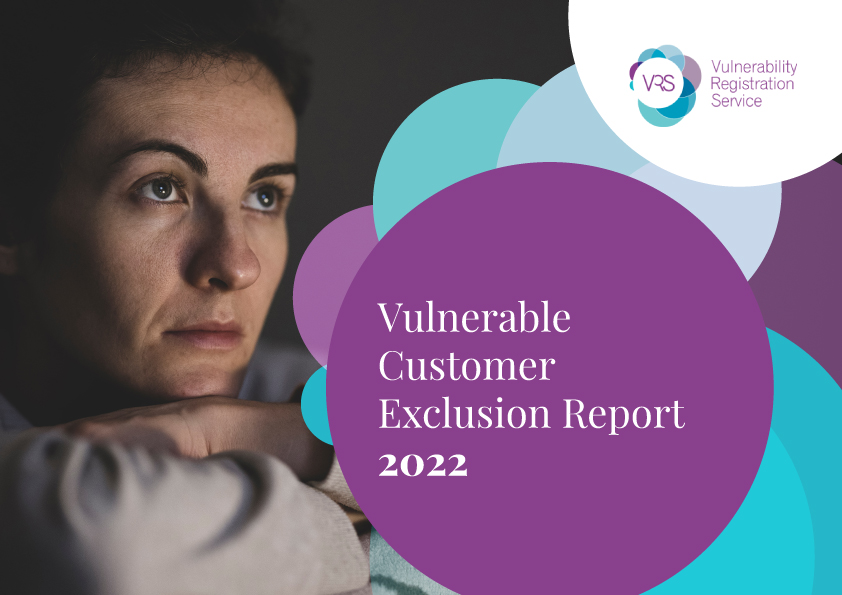





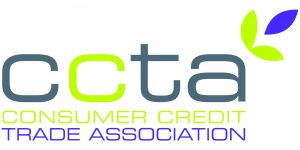
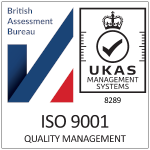

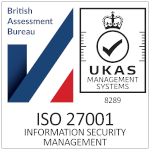
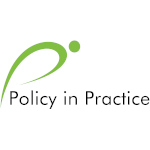
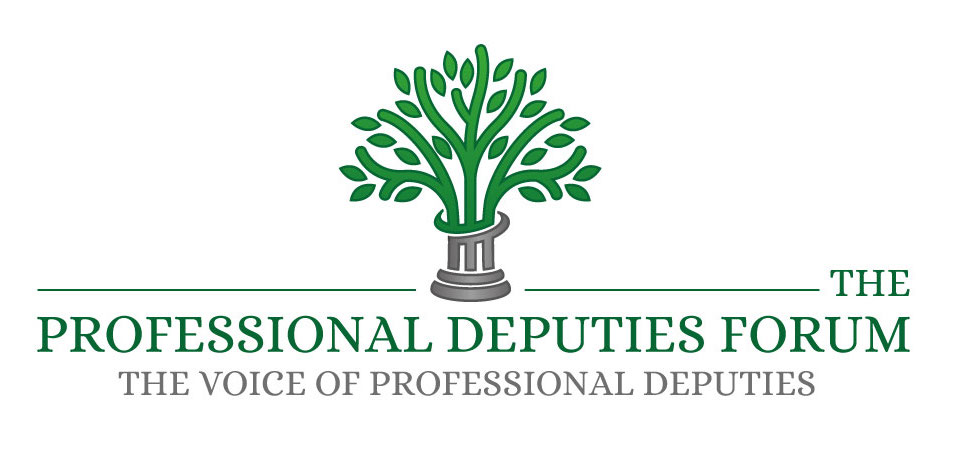

Post a comment